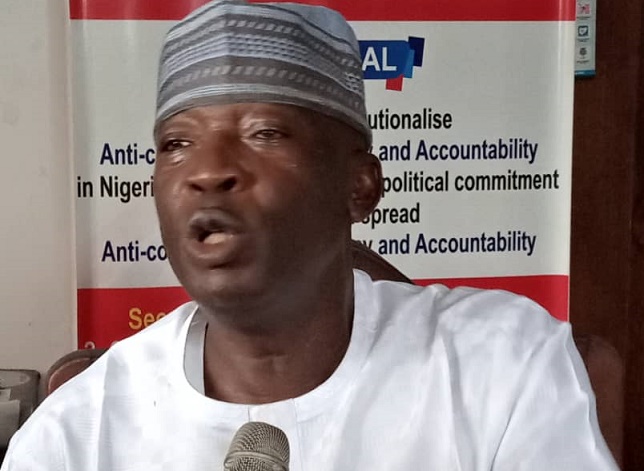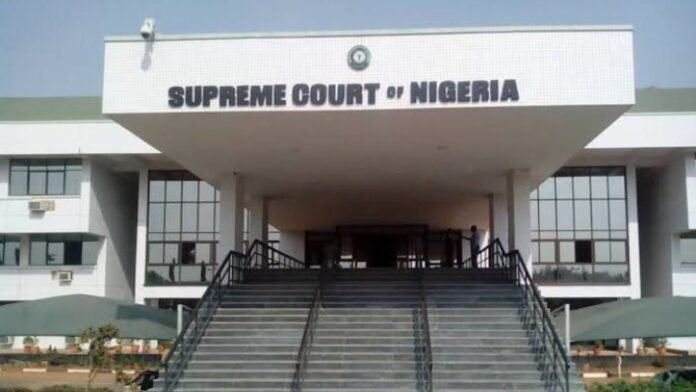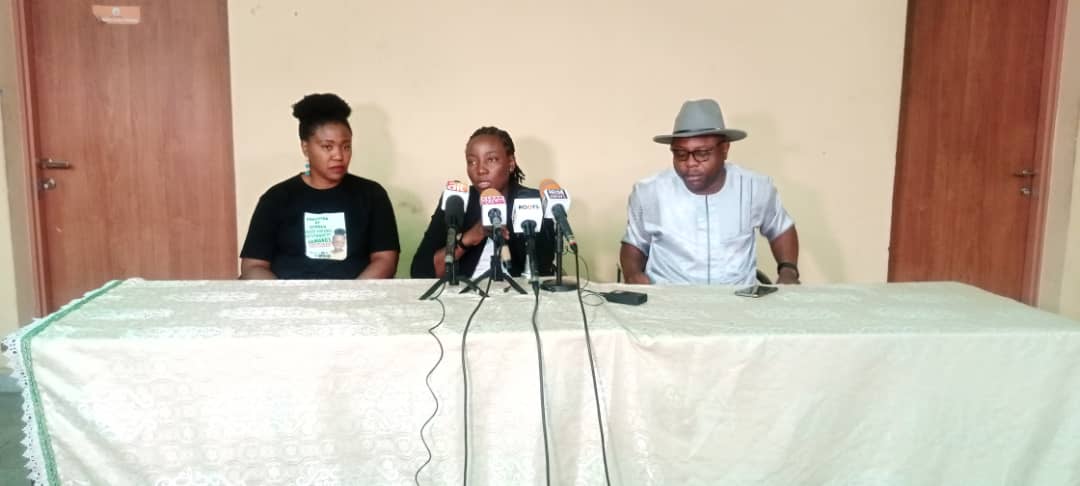The Executive Director Conscience for Human Rights and Conflict Resolution (CHRCR), Comrade Idris Miliki Abdul has asked anti graft agencies in Nigeria to turn their searchlight on the alleged donation of 30 vehicles to the Attorney General and Minister for Justice, Abubakar Malami.
The activist in a statement made available to the National Update on Thursday said the Minister must be investigated for receiving the donation under whatever guise as a public office holder.
He challenged the EFCC, ICPC, the Nigeria Police Force, Code of Conduct Bureau and other relevant institutions to investigate the frivolous gift.
Abdul urged the agencies to prosecute all those involved through the relevant laws as the Attorney General can not be above the the law that he is appointed to protect.
“The vehicles donated are for what purpose? Who are those friends, their names, address, their means of livelihood. How can anyone serving as a Minister receive such donations?

“He has not even officially declared for any known political office or pay for nomination form of any known or recognized political party in Nigeria. As number one law officer, how can he justify that kind of unwarranted and fraudulent gift from unknown friends.
“We call on Barrister Abubakar Malami to publish the names, addresses and his relationship with these faceless friends. Also, he must declare the values of those vehicles.
“If the Attorney General could accept these types of gifts or donations, it calls to question the anti-corruption mantra of the present government”




